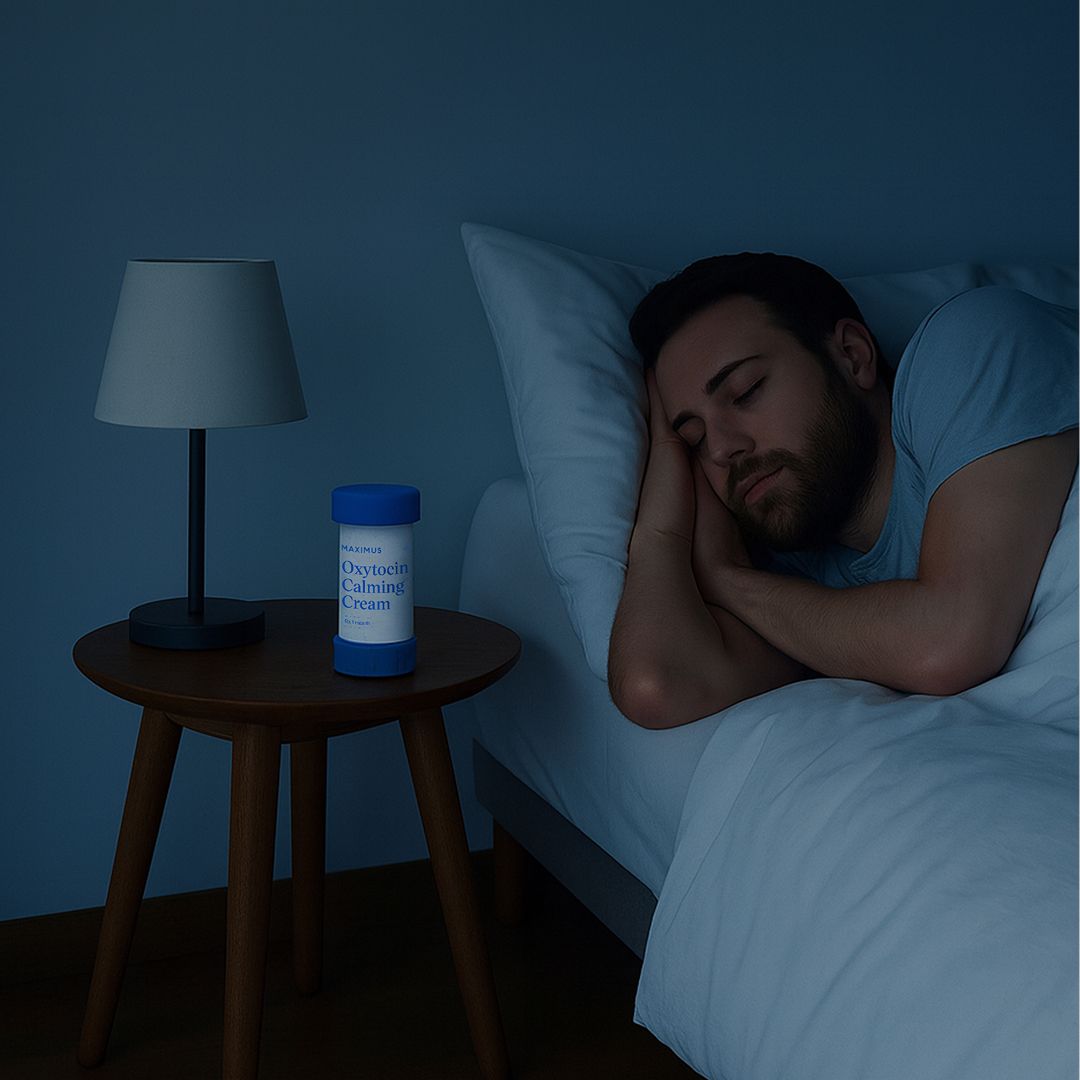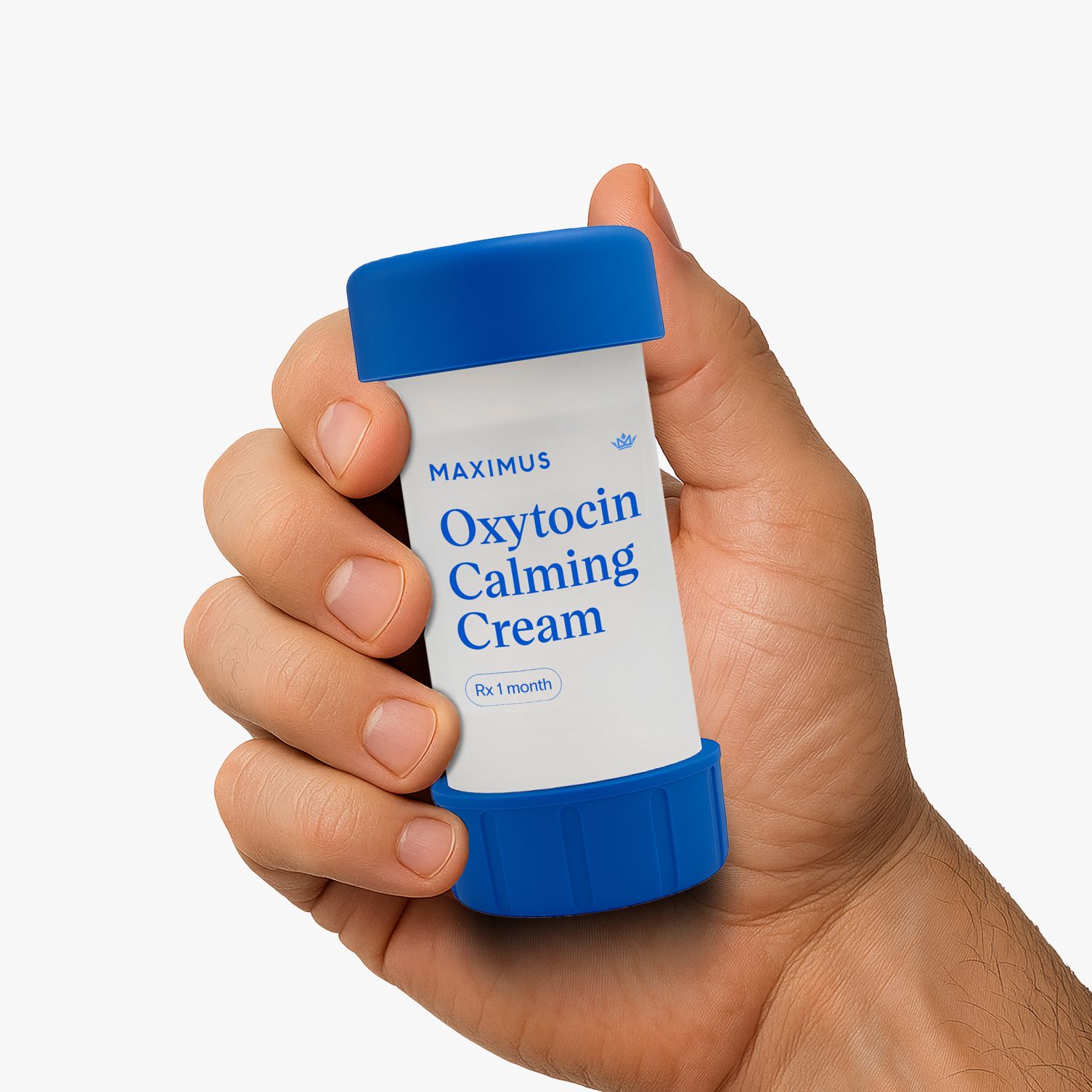Some important takeaways:
- Many quick "longevity fixes" won't actually make you live longer.
- Consider thinking about the concept of healthspan rather than lifespan. Prioritize things that boost the former.
- Simplicity is key. Stick to the basics when it comes to your long-term health: diet, exercise, socialization, and sleep.
It’s easy to dream about living forever. But in reality, the idea of living forever is a bit more complicated. No one wants to be a 100-year-old man who is unable to move, think, or feel. That’s not really living, is it? The problem is, the trending obsession with biohacking and longevity hacks — you know the type where you work your way through a daily checklist of habits like cold plunges, saunas, mouth taping, taking a pile of supplements, extreme calorie restriction, and drinking alkaline water — often prioritizes aging to live long, but not necessarily to live well.
As a member of the Maximus community, we know you care about your health. In fact, in a recent survey, we learned more about what motivates our customers. While living long is understandably a top priority, so is feeling good. Most of all, our customers are interested in maintaining a good quality of life.
We know it can be difficult to tune out the words of so-called longevity experts proclaiming that you can change your entire life — and live forever — by doing a daily cold plunge, downing some greens powder, and taking colloidal silver. But blind allegiance to these kinds of habits might not be the best way to stay on top of your health. Here, we break down how to think about these hacks and what really matters when it comes to living longer.
The problem with longevity hacks
There’s a good chance your social media feeds are blanketed with longevity hacks. But it’s important to be discerning. While many of these fixes are recommended and supported by health influencers, they may be a bit misleading. Chasing these types of programs may not benefit you in all the ways you’re led to believe. In some cases, they can actually leave you worse off — not better. Of course there may be some value to the habits that are frequently referenced in the world of longevity hacks, but for many, the clinical evidence is lacking. So it’s important to do your own research.
One helpful way to approach longevity is by thinking about the concept of “healthspan” versus lifespan. “Lifespan” is based on the number of years you live, while “healthspan” is a broader concept that also considers your quality of life during those years. For example, how long you live in good health, without disease or major medical issues.
A “quick fix,” such as a sauna session or trending workout probably won’t materially change your healthspan. In reality, the best way to lengthen your healthspan is to create sustainable healthy habits.
What to focus on instead
Instead of devoting your life solely to prioritizing short-term hacks, focus on building habits and routines that, over time, can alter your healthspan. Dr. Cam offers some suggestions:
- Sleep seven to nine hours a night: This requires next-to-no effort — other than finding the time. But it’s so critical for a healthy life. Insufficient sleep (especially sleeping less than five hours a night) is linked to a number of medical conditions like cardiovascular disease, obesity, and diabetes, and even early mortality. Some researchers say that regular, quality sleep is just as important to overall health as exercise and maintaining a good diet.
- Make time for physical activity: It’s no secret: Regular exercise is important to living a long life. According to the Mayo Clinic, consistent workouts can help reduce your risk of disease and lower your risk of death. It doesn’t have to be a lot and it doesn’t necessarily have to be every day, either. A 2023 study published in JAMA found that even just working out on the weekends can lower your risk of having a heart attack or stroke.
- Don't smoke, vape, or binge drink: A cigarette a day may seem harmless. But in reality, it can be fatal. Smokers are two to four times more likely to develop coronary heart disease or have a stroke compared to non-smokers. Drinking also carries risk. Regular, heavy alcohol use increases your risk of developing certain types of cancer.
- Cook at home: This may be the year to finally embrace that cooking habit you’ve been thinking about. Research indicates that the more you cook at home, the less likely you are to be obese or develop type 2 diabetes, giving you a greater chance of a long, healthy life.
- Build community: Hanging out with your friends isn’t just fun; it’s also good for your health. Research indicates that people who live an isolated lifestyle are at a much greater risk for premature death than those who have a more active social community around them.
Dr. Cam’s Health Hack:
Still need some motivation to push those quick fixes aside? Consider these words of advice from Dr. Cam:
"Longevity gurus don't understand that healthspan (quality of years) trumps lifespan (quantity of years). Maintaining the ability to run a sub-20s 100m dash is the dream, not being spoonfed in a nursing home at 100."
Disclaimer: The contents of this article, including, but not limited to, text, graphics, images, and other information, is for information purposes only and does not constitute medical advice. The information contained herein is not a substitute for and should never be relied upon for professional medical advice. The content is not meant to be complete or exhaustive or to be applicable to any specific individual's medical condition. You should consult a licensed healthcare professional before starting any health protocol and seek the advice of your physician or other medical professional if you have questions or concerns about a medical condition. Always talk to your doctor about the risks and benefits of any treatment. Never disregard or delay seeking professional medical advice or treatment because of something you have read on this site. Maximus does not recommend, endorse, or make any representation about the efficacy, appropriateness, or suitability of any specific test, products, procedures, treatments, services, opinions, healthcare providers or other information contained herein. Maximus is not responsible for, nor will they bear any liability for, the content provided herein or any actions or outcomes resulting from or related to its use.





